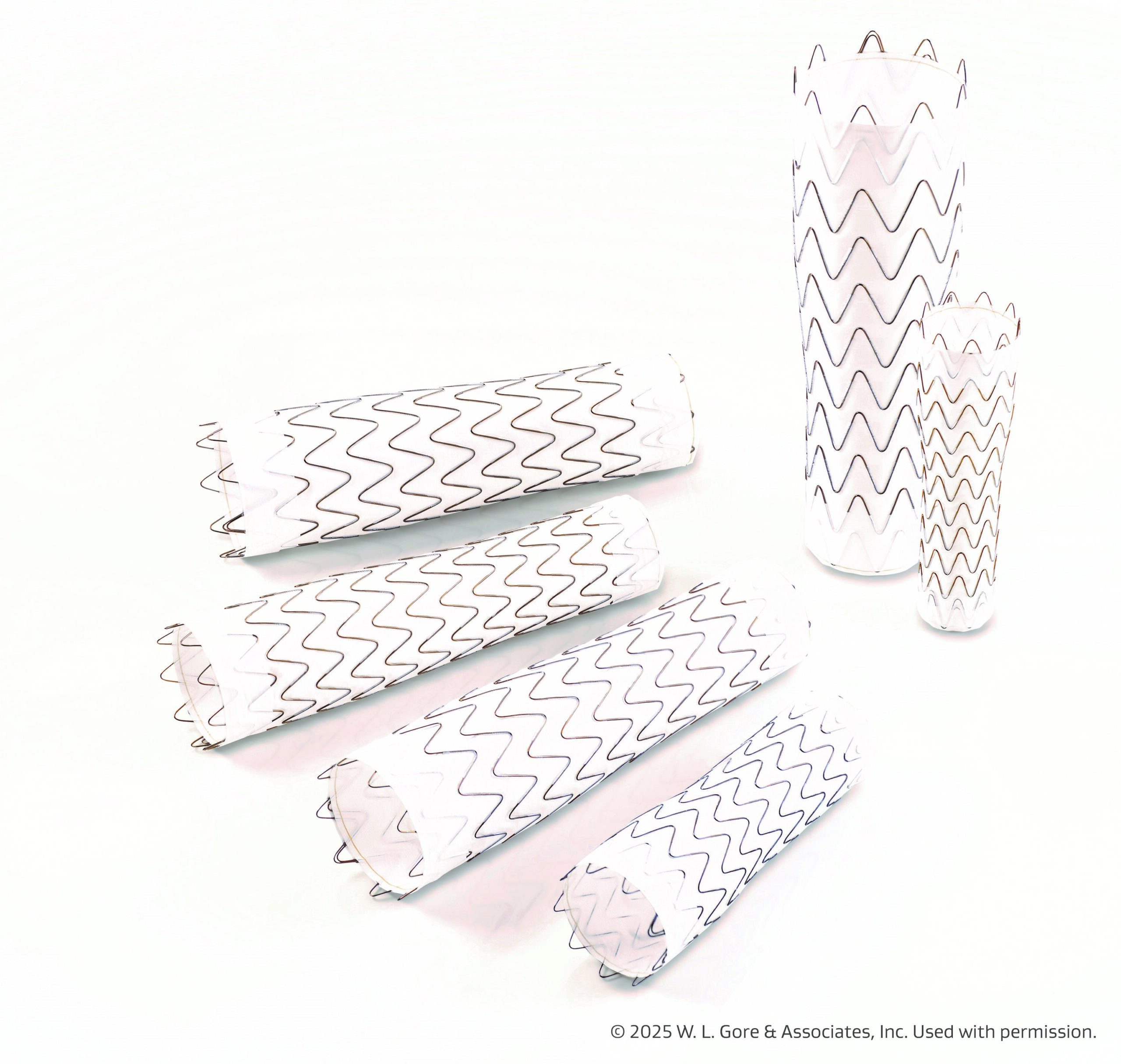
Individuals with cardiac implantable electronic devices have a higher risk of tricuspid regurgitation (TR), according to a study presented at AHA 2024.
In this study, investigators used the California’s Department of Health Care Access and Information databases to analyze 16,893,314 participants (56,095,327 person years). The primary end points of interest were defined as the development of TR and tricuspid intervention.
Overall, there were 11,234 instances of TR. The findings showed that CIED implantation was correlated with a 13-fold higher risk of incident TR. Subsequent to adjusting for age, sex, race and ethnicity, income, heart failure, atrial fibrillation, hypertension, pulmonary hypertension, coronary artery disease, chronic kidney disease, hyperlipidemia, diabetes mellitus, chronic obstructive pulmonary disease, asthma, obstructive sleep apnea, alcohol use, cocaine use, methamphetamine use, opiate use, and tobacco use, the results showed that patients with a CIED exhibited a 15% higher risk of TR.
“Patients with a CIED experienced a higher risk of TR, although the magnitude of the hazard was smaller than other cardiovascular risk factors. While the point estimate favored a higher risk of requiring tricuspid interventions among those with CIEDs, statistical significance was lost after multivariable adjustment, likely due to a small number of outcomes,” the researchers concluded.
Reference
Bowman H, Tang J, Thein A, Dewland T, Marcus G. Relationship between Cardiac Implantable Electronic Devices and Tricuspid Regurgitation in the General Population. Abstract #Su2126. Presented at the American Heart Association Scientific Sessions 2024; November 16-18, Chicago, Illinois.







 © 2025 Mashup Media, LLC, a Formedics Property. All Rights Reserved.
© 2025 Mashup Media, LLC, a Formedics Property. All Rights Reserved.